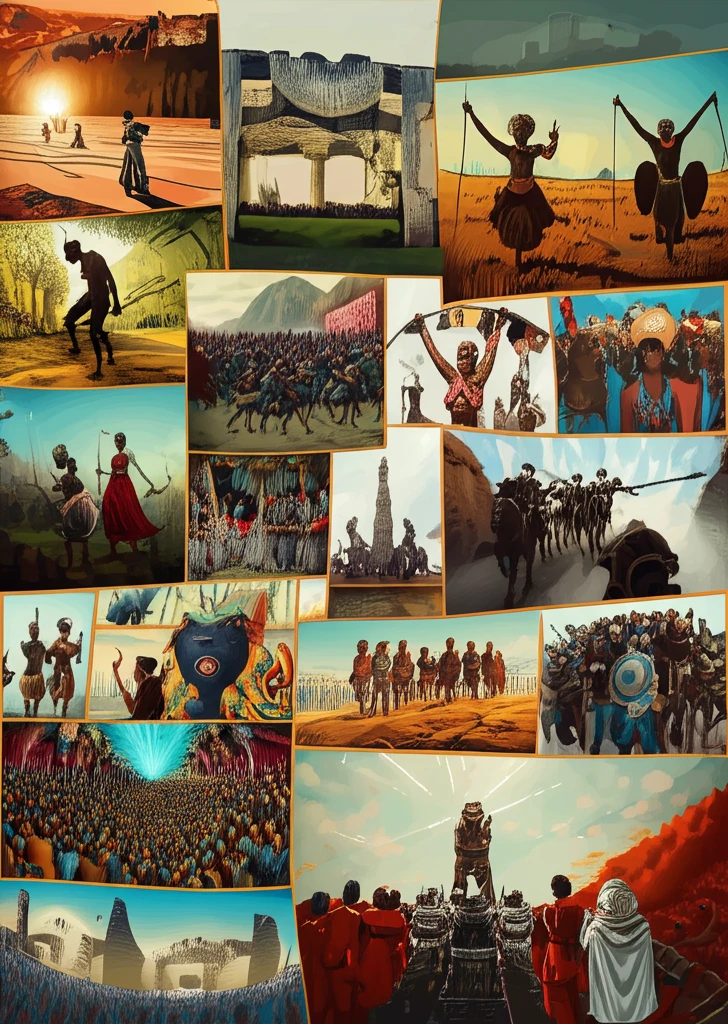
Unearthing Africa's Underappreciated History: Why It Matters Now More Than Ever
"Beyond Colonial Narratives: Discovering the Rich Tapestry of African Ingenuity, Resilience, and Worldviews"
African history is often relegated to the sidelines, overshadowed by European colonial narratives and simplified stereotypes. However, beneath the surface lies a vibrant and complex tapestry of cultures, innovations, and resilience that deserves a central place in our understanding of the world. Reclaiming this history is not just about correcting past omissions; it's about enriching our present and shaping a more inclusive future.
The erasure of African perspectives has had profound consequences. It has fueled misconceptions, perpetuated inequalities, and hindered our ability to appreciate the continent's immense contributions to human civilization. From ancient kingdoms to groundbreaking innovations in agriculture, medicine, and technology, Africa's story is one of ingenuity and adaptation in the face of immense challenges.
In this article, we delve into the importance of unearthing Africa's underappreciated history. We'll explore how doing so can challenge existing biases, empower future generations, and foster a more nuanced understanding of our shared human experience. It's time to move beyond the colonial lens and embrace the richness and complexity of Africa's past.
Why Does Reclaiming African History Matter?

Acknowledging and celebrating African history is crucial for several reasons:
- Promotes a more inclusive and accurate understanding of global history.
- Empowers future generations of Africans.
- Fosters a sense of pride and belonging.
- Encourages critical thinking about historical narratives.
- Helps to address contemporary challenges.
The Future of African Historical Discourse
Reclaiming African history is an ongoing process. It requires a commitment to research, education, and dialogue. By amplifying the voices of African scholars, supporting initiatives that promote African history, and challenging dominant narratives, we can create a more equitable and inclusive understanding of the past. The future of historical discourse depends on recognizing and celebrating the rich and diverse history of Africa.
